No products in the cart.
Return To ShopThe Power of Protein: What It Does and Why It Matters More Than You Think
Protein is more than just a buzzword in the fitness world, it’s a fundamental building block of life. Whether you’re trying to build muscle, lose fat, stay energized, or simply lead a healthier lifestyle, understanding protein and its role in your body is essential.
In this article, we’ll explore what protein is, why it’s so important for your body, and how to make sure you’re getting enough of it in your daily diet.
What Is Protein?
Protein is a macronutrient made up of amino acids often referred to as the building blocks of life. It plays a crucial role in nearly every function of the human body. From repairing tissues and building muscle to supporting immune function and transporting nutrients, protein is involved in just about everything.
There are 20 different amino acids, nine of which are considered essential, meaning your body can’t produce them on its own; you must get them from food. This makes dietary protein incredibly important for overall health and performance.
Why Does Protein Matter So Much?
Protein isn’t just for bodybuilders. Every single person needs protein to function properly. Here’s why:
1. Muscle Growth and Repair
After exercise, especially strength training, your muscle fibers experience tiny tears. Protein helps repair and rebuild these fibers, making them stronger and bigger over time. Without enough protein, your body won’t recover efficiently or grow muscle effectively.
2. Supports Metabolism
Protein has a higher thermic effect than fats and carbs, meaning your body burns more calories digesting it. This makes it great for those looking to lose or manage weight while preserving lean muscle.
3. Keeps You Full Longer
Compared to carbohydrates and fats, protein is more satiating. Including a good amount of protein in your meals can help control hunger and reduce unnecessary snacking, making it easier to stick to your nutrition goals.
4. Maintains Immune Health
Your immune system relies on proteins to produce antibodies and fight off infections. A lack of protein can weaken your defenses and slow down recovery from illness or injury.
5. Essential for Hair, Skin, and Nails
Keratin, collagen, and elastin are all important for the health and appearance of your skin, hair, and nails are proteins. A protein-rich diet can promote stronger, shinier hair, more resilient nails, and more youthful-looking skin.
How Much Protein Do You Really Need?
The amount of protein you need depends on your age, activity level, goals, and body weight.
- Sedentary adults: ~0.8g of protein per kilogram of body weight
- Active individuals: 1.2–2.0g per kilogram
- Bodybuilders/athletes: 2.0–2.5g per kilogram
For example, if you weigh 70 kg and train regularly, you might aim for 105–140g of protein per day. It’s best to spread your intake across all meals for optimal absorption and muscle support.
Best Sources of Protein
There are two main categories of protein: animal-based and plant-based. Both can be excellent sources depending on your dietary preferences.
Animal-Based Sources:
- Chicken breast
- Eggs
- Fish (like salmon or tuna)
- Lean beef
- Greek yogurt
- Whey protein
These are complete proteins, meaning they contain all nine essential amino acids your body needs.
Plant-Based Sources:
- Lentils
- Chickpeas
- Quinoa
- Tofu
- Tempeh
- Nuts and seeds
- Plant-based protein powders
While many plant proteins are incomplete, combining sources (like rice and beans) can give you all the essential amino acids.
When Should You Eat Protein?
While total daily intake matters most, timing can play a role in maximizing muscle recovery and growth.
- Post-workout: Aim for 20–30g of protein within 30–60 minutes after exercise.
- With every meal: Including protein with each meal helps regulate blood sugar, improves satiety, and supports consistent muscle maintenance.
If you’re busy or on-the-go, high-quality protein supplements like whey or plant-based powders can help you meet your goals conveniently.
FAQs About Protein
Is it safe to consume high amounts of protein?
Yes, for healthy individuals, higher protein diets are generally safe and may support weight loss and muscle gain. If you have kidney issues, consult a healthcare provider.
Can I get enough protein on a vegetarian or vegan diet?
Absolutely. With a variety of legumes, grains, nuts, and soy-based products, plant-based diets can meet protein needs when planned properly.
What happens if I don’t get enough protein?
Low protein intake can lead to muscle loss, slow recovery, fatigue, weakened immunity, and brittle hair or nails.
Is it better to eat protein before or after a workout?
Both can be beneficial. Pre-workout protein may support endurance, while post-workout protein is key for muscle repair and growth.
Do I need protein supplements?
Not necessarily. If you meet your protein needs through whole foods, you’re good to go. Supplements are useful for convenience or filling in gaps.
Conclusion: Make Protein a Priority in Your Nutrition
Protein is essential for more than just fitness; it supports every aspect of your body’s function, from building muscle to keeping your metabolism humming. Whether your goal is fat loss, strength gain, or simply feeling healthier, prioritizing high-quality protein can help you get there faster.
Don’t underestimate the power of this macronutrient; it truly matters more than most people think.
Want to fuel your body with premium-quality protein supplements?
Visit SportsOne to explore top-tier protein powders and performance nutrition products designed to support your fitness journey.

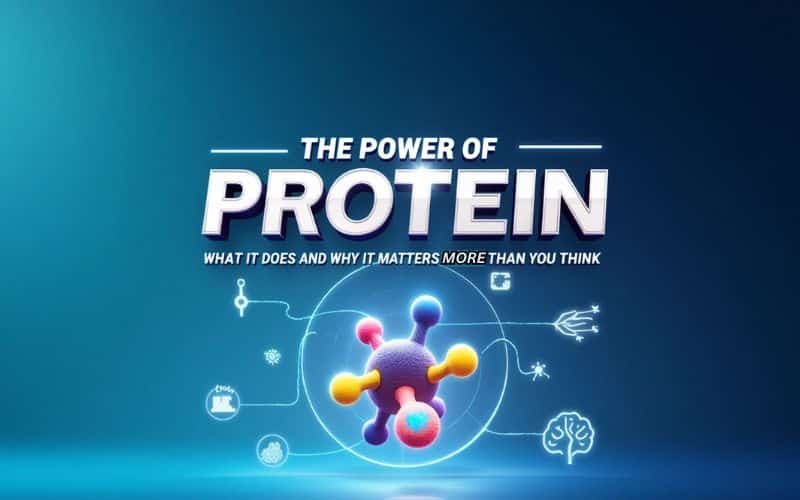

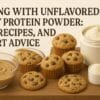
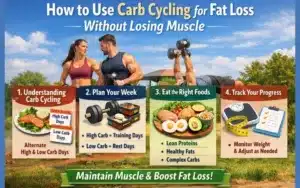
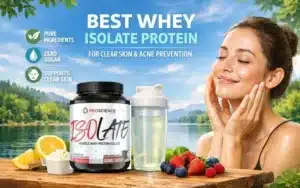
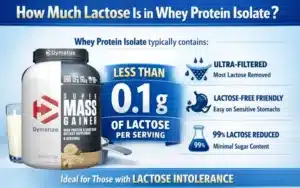
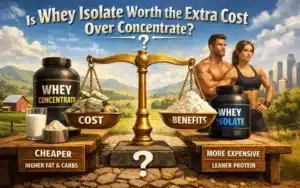
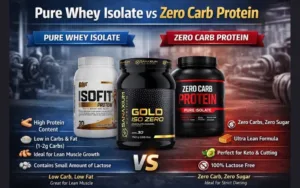
Add comment